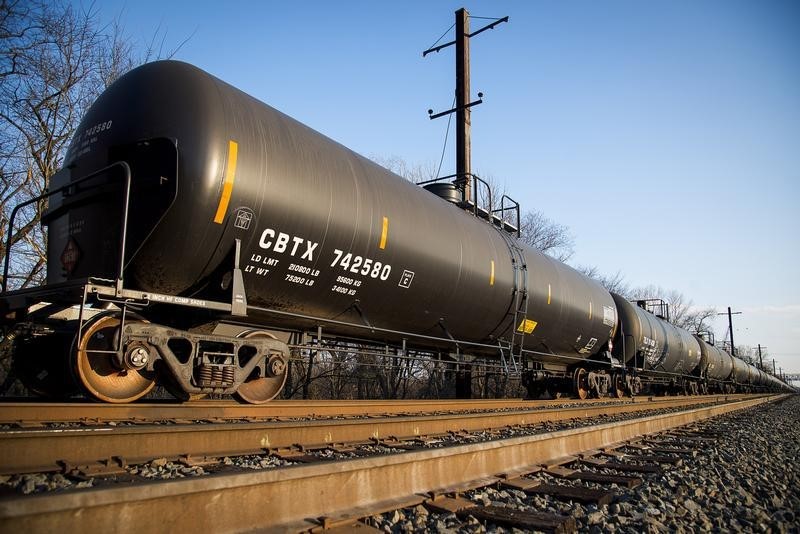This post was originally published on this site

The USW alleges in the charges that Chevron has changed the terms of employment, refused to furnish information, engaged in coercive actions, including surveillance, made coercive statements, as well as refused to bargain with the workers at the Richmond refinery.
Chevron spokesperson Deena McMullen said the company has not seen the details of the NLRB charges.
B.K. White, first vice president of USW Local 12-5, which represents the striking workers, said no progress has been made in resuming talks with Chevron.
The two sides last met across the bargaining table five weeks ago.
“We continue to make progress in frequent discussions and look forward to having all of our colleagues returning back to work,” McMullen said.
The USW and Chevron have talked informally, but those “sidebar” meetings have not resulted in movement toward a resolution to the strike that began on March 21, White said.
Chevron has dismissed a striking worker who was among leading picketers outside the 245,271 barrel-per-day (bpd) refinery.
McMullen said a worker’s employment was terminated because he engaged in actions that were either “unsafe, unlawful or violates Chevron’s policies.”
White said the dismissed worker yelled at replacement workers entering the plant.
Chevron continues to operate the refinery with supervisors, managers and temporary replacement workers.
Of the 500 workers who went on strike, about 60 have returned to work in the refinery, White said.
“We would expect a little higher number (to cross the picket line) because we’re an open shop,” he said.
An open shop is a workplace where a union represents the workers, but workers are not required to join.


